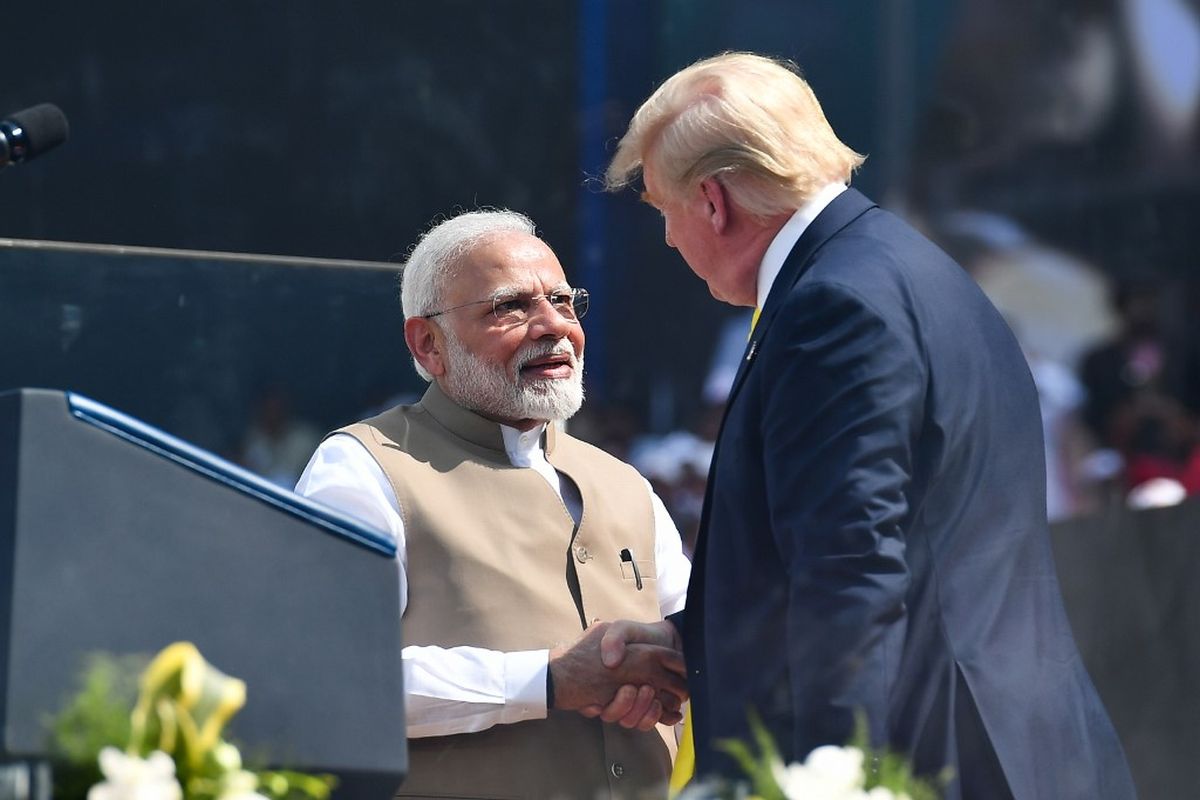A day after the US President Donald Trump’s “filthy” remark on India accusing it to be a major contributor in air pollution, the country delivers a friendly statement by saying that it is watching the India-China standoff in Ladakh closely
The US is sharing information with New Delhi and wants to ensure the situation does not escalate, senior officials of the Trump administration said on Saturday.
Advertisement
The US said it welcomes increased Indian involvement in Southeast Asia including its military presence in the South China Sea and has been working with like-minded partners to counter “China’s aggressive behaviour” from the Himalayas to the disputed oceanic region.
‘We have had an ongoing dialogue with the Indians about the increased cooperation in Southeast Asia, not just the South China Sea. And we encourage their involvement and that cuts across development investments, that cuts across security cooperation and that also involves presence and so, we welcome greater Indian participation across Southeast Asia in all three of those areas,” US officials said in an online news briefing.
“Given China’s increasingly aggressive behaviour across the Indo-Pacific from the Himalayas to the South China Sea, it is more important than ever that we work with like-minded partners such as India. We were pleased to see India’s recent announcement regarding Australia joining the Malabar Naval exercise,” they said.
Trump’s remarks had come at a time when he was explaining his move to withdrew from the Paris climate accord. He had said that the move would have made America a non-competitive nation.
“Look at China, how filthy it is. Look at Russia. Look at India. The air is filthy. I walked out of the Paris Accord as we had to take out trillions of dollars and we were treated very unfairly,” he said during a debate with Democratic White House challenger Joe Biden.
The relations between US and India have been strengthening in last few months as the Quadrilateral grouping of US, Japan, India and Australia are sending their warships for the Malabar Exercise next month.
Quadrilateral grouping, which experts say is to be mirroring NATO, has already been criticized by China many times.
In another major development in direction of strengthening the ties, New Delhi and Washington are also stepping up efforts to conclude the Basic Exchange and Cooperation Agreement (BECA) ahead of the Indo-US 2+2 ministerial meeting on October 26-27.











